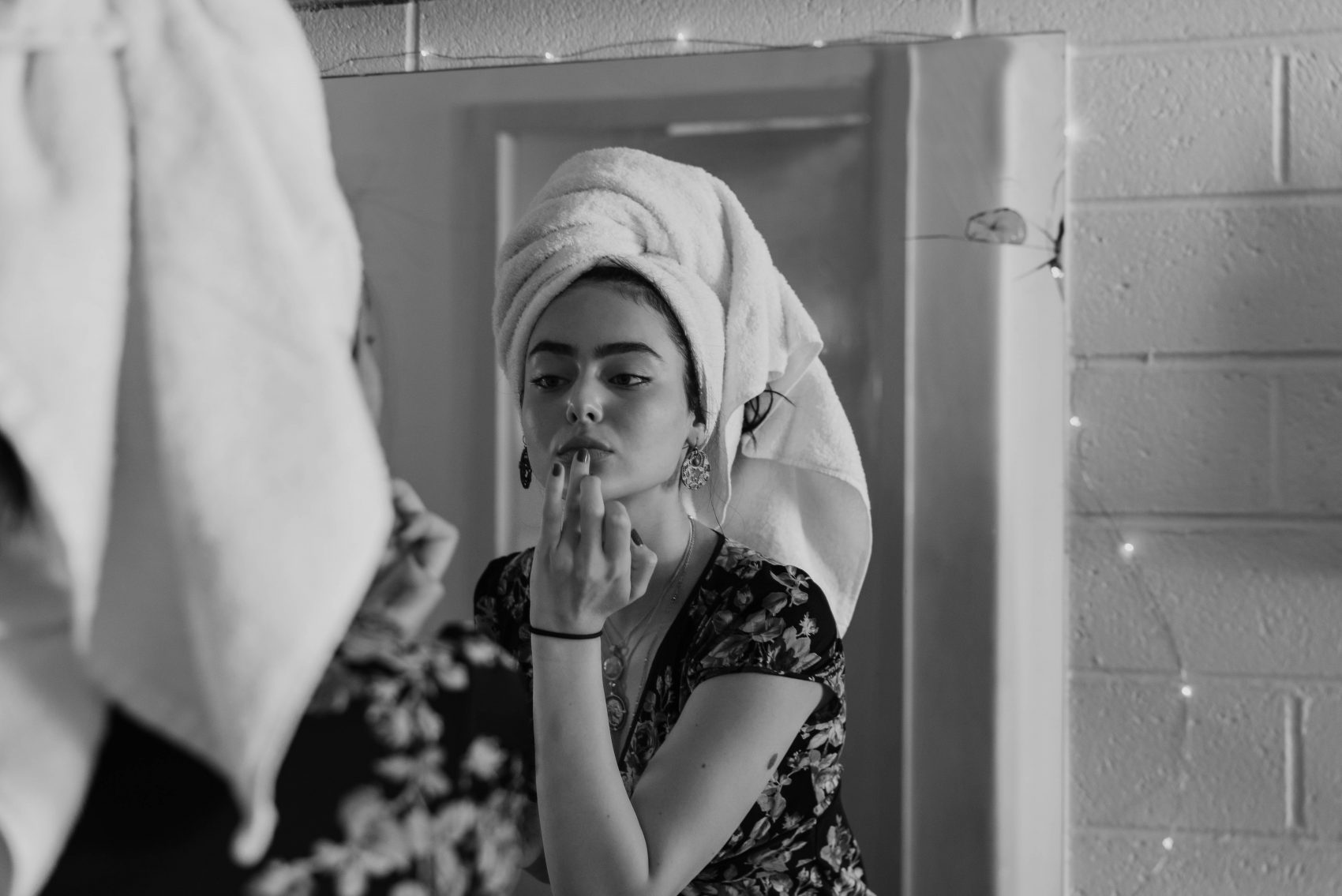Words by Alexandra Middleton
Lights too bright, head pounding and that nauseous feeling in your stomach when you slowly roll out of bed on a Sunday morning; three well known signs of a (dare I say, successful?) Saturday night out.
Waking up the morning after a night out and not remembering how you managed to crawl pathetically into your bed is probably a common recurrence for most of us. What time did I get home? How did I get home? Where’s my wallet? These are the worrisome questions that often haunt us on a Sunday morning, the questions that indicate we haven’t been taking care of ourselves.
No matter how fun a night out may be, waking up the next morning (or afternoon) with a pounding headache, minor memory loss and relatively fewer brain cells can’t be good for our wellbeing. As uni students, it should be in our best interests to preserve our brains and bodies as best we can (while still having a blast, of course).
Fear of missing out, or FOMO, is a syndrome that seems to characterise decision making on a Saturday night. If it seems as if everyone else is staying out until 3am, then you want to be there as well, purely because you don’t want to miss out on the fun your friends are having. The fifth annual National Stress and Wellbeing in Australia Survey found that 60 per cent of Australian teenagers feel worried or anxious when they find out their friends are having fun “without them”. Even if you have work on Sunday morning or a uni assignment due, FOMO seems to outweigh all else in most cases.
Further, seeing people post about their night out on social media can act as a catalyst for FOMO, thereby heavily influencing us to go out and engage in this Saturday night social media culture. Posts about a night out can be considered a form of advertising; a photo or a status about someone’s awesome night out can make us want to share in that experience. According to the survey, 66 per cent of teenagers feel the need to share on social media when they’re having a good time, and it’s this 66 per cent that influence the rest of us to want to go out too. When you’re at home swiping through drunken antics on social media, it can seem like every single person you know is having a marginally better time. But others are doing the same as you, they’re just not posting about it.
However, FOMO can equally influence the choice to spend a Saturday night ‘in’. If it appears that not all your friends are going out, then it doesn’t feel as bad if you don’t go either. How many times have you said said “I’ll go if you go” or “it depends on how many people are going”? These statements all stem from the concept of FOMO; if not enough people, or not enough of the right people, are going, then you feel no obligation to go out either, and the anxiety that can potentially manifest as a result of missing out seems to evaporate.
But a Saturday night spent in isn’t always the best way to take care of ourselves, especially if it leads to excessive ‘alone time’. Sure, sitting under a blanket watching Netflix can be relaxing, but it’s not exactly the best way to stimulate our brains or interact with others. Some people simply enjoy being social, and thrive off of social stimulation and spending their time in the company of others. It makes sense that these are the ones tearing up the dance floor or making 20 friends in the line for the bathroom on a night out—so why can’t that be classified as self-care?
Introverts, extroverts and FOMO aside, students are often weighing up the importance of maintaining a social life against the responsibilities of work and uni, as well as the desire for a good night’s sleep and a positive bank account balance. There are 52 Saturdays in a year, so there’s plenty of time to find out what works for you.

